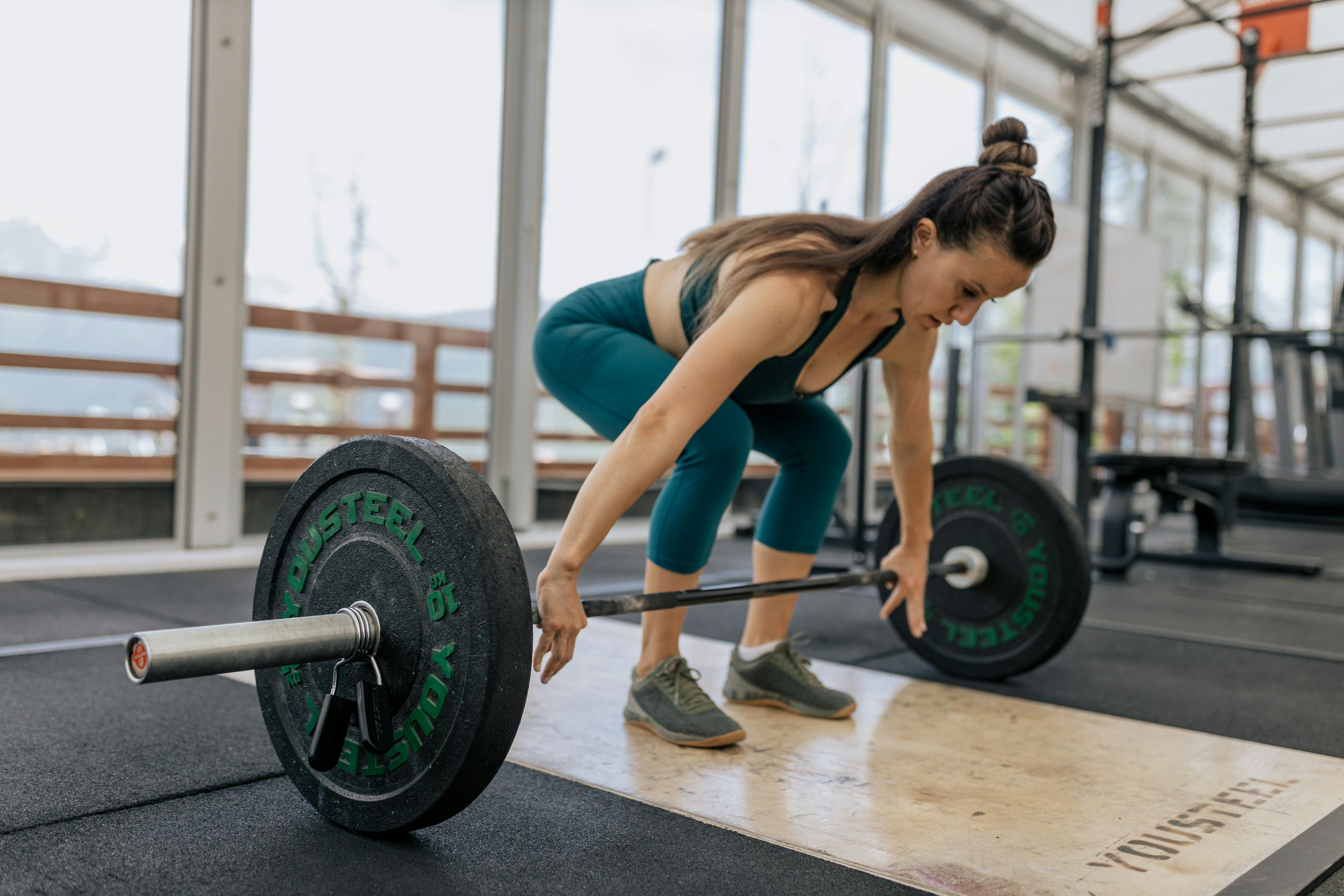Well, now it’s time for Protein 101. Proteins are large molecules made of amino acids. There are 20 amino acids, eight of which cannot be synthesized by the body. These eight obviously must be consumed from sources outside the body. Both animal and plant sources provide many of these essential amino acids.
Amino acids from proteins are the building blocks for the growth/repair of body tissues and for synthesizing enzymes and hormones. It is the only nutrient you consume that is metabolized in skeletal muscle tissue. It is used as a source of energy only during periods of starvation. This is why a healthy diet emphasizes the consumption of complex carbohydrates, which serve as fuel for energy, rather than your hard-earned muscle being consumed, along with its ability to burn fat. You should consume between 20 and 30 percent of your total calories from protein.
What is a Positive Nitrogen Balance?
We know that eating five small meals a day is the best way to speed up our metabolism and keep our blood sugar regulated, which keeps energy flowing smoothly throughout the day. People who eat only two or three times a day are often hungry when they sit down to eat. They overeat because they are very hungry and therefore crave fatty foods. They usually skip breakfast, have a sizable lunch, and a big dinner. (sounds like you?)
They have it backwards. What many don’t realize is that eating a nutritious breakfast revs up your metabolism, and the last thing you want to do is pack on calories when your body is running down for the day and you won’t be able to burn off that big dinner. off.
Each of those meals should contain protein. The body needs a constant supply of protein to fuel the growth and recovery process. You get nitrogen when you eat protein. When in negative nitrogen balance, this is likely due to low dietary protein and calorie intake. It is at this time that your body goes “catabolic” and cannibalizes your muscle for fuel. If you eat protein throughout the day and your total daily caloric intake is sufficient, your body stays in a positive nitrogen balance. You go “anabolic” and create the ability to gain muscle from your workouts.
How much protein should you consume?
If your goal is to gain more muscle and you hit the gym four times a week, then you’ll want to consume one to one and a half grams of protein per pound of body weight. If your goal is to get lean and tone up, then you may want to consume 0.6 to 0.7 grams of protein for every pound of body weight.
A 200-pound man trying to gain some muscle mass would consume 200 to 300 grams of protein a day, while a 140-pound woman who wants to shape and tone her body might consume about 85 to 95 grams daily.
The amount you take per meal will depend on your weight, multiplied by the number of grams per pound you have set, divided by the number of meals per day.
You want to get most of your protein from whole food sources, such as chicken breasts, tuna, turkey, fish, lean beef, low-fat milk, and egg whites. I find it difficult to eat five whole food meals a day, so I supplement using a good protein powder. It’s Easy and Fast. Years ago, they used to taste like chalk. But now, you almost feel guilty drinking them because they taste so good.
It all comes down to this: there is a science to building muscle. If you don’t consume protein throughout the day on a daily basis, then don’t bother going to the gym, because you will burn what little muscle you have for energy.
